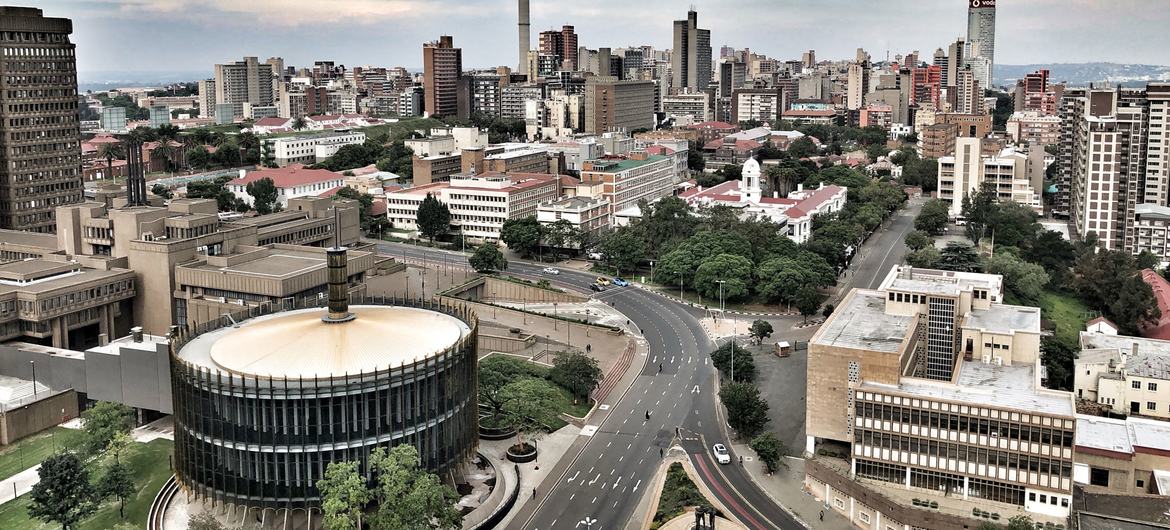
United Nations Secretary-General António Guterres on August 24 emphasized the critical need for global unity and justice to address the world’s most urgent issues, from climate change to economic inequality and international conflicts, during his speech at the BRICS Summit in Johannesburg, South Africa.
Guterres praised South Africa’s “remarkable journey towards unity through action and justice,” stating, “Our world requires unity in action and unity in justice as we face existential threats,” highlighting the escalating consequences of climate change and increasing poverty and inequality.
The BRICS consortium, comprising Brazil, Russia, India, China, and South Africa, represents over 40% of the global population. All five nations are also part of the broader G20 group.
Guterres drew attention to the dangers of emerging technologies in the absence of a global regulatory framework and discussed geopolitical divisions and conflicts, notably the repercussions of Russia’s invasion of Ukraine.
The Shift to a Multipolar World
In his remarks, Guterres discussed the world’s evolving shift towards multipolarity but warned that multipolarity alone is insufficient for maintaining peace and justice. He advocated for robust multilateral institutions to support this transition.
He cited historical lessons from the early 20th century, when Europe’s multipolar structure without strong multilateral mechanisms led to the outbreak of World War I.
“As we transition towards a multipolar global landscape, there is an urgent need for a fortified and modernized multilateral system based on the principles of the UN Charter and international law,” Guterres said.
He emphasized that current global governance structures, formed after World War II and often excluding African nations still under colonial rule, must be updated to reflect modern power dynamics and economic conditions.
The Risk of Global Fragmentation
Guterres warned that a lack of such reforms would inevitably lead to global fragmentation.
“A fragmented world, with a divided global economy and financial system, divergent technological strategies, and conflicting security frameworks, is a risk we cannot afford,” he cautioned, adding that low-income countries, especially in Africa, would be most affected.
Guterres arrived in Johannesburg with a clear message: “In a world teetering on the edge of multiple crises, cooperation is the only viable path forward.”
Addressing Africa’s Unique Challenges
The Secretary-General acknowledged Africa’s historical suffering from slavery and colonialism, which continues to manifest in severe economic disparities and accelerated climate change. He advocated for a restructured global financial system and increased climate action, spotlighting his Climate Solidarity Pact and Acceleration Agenda.
“Developed nations must fulfill their commitments to developing countries by meeting the $100 billion target, doubling adaptation finance, replenishing the Green Climate Fund, and making the loss and damage fund operational this year,” he urged.
A Plea for United Action
Guterres concluded by calling for collective efforts, emphasizing that humanity’s shared challenges cannot be solved in isolation.
“Let us join forces to amplify the impact of universal action, the necessity for justice, and the potential for a brighter future,” he said.


Today, while I was at work, my cousin stole my iPad and tested to see if it can survive a 40 foot drop, just so she can be a youtube sensation. My iPad is now destroyed and she has 83 views. I know this is entirely off topic but I had to share it with someone!